Drinking Water
Get in TouchMaintain a healthy water supply with comprehensive water testing
Safe, clean drinking water is essential for good health. When it comes to testing drinking water, we are experienced and trusted in the field. In fact, we test drinking water for more than a third of the population of New Zealand. Our laboratories are registered with Taumata Arowai and internationally accredited, which means our testing is comprehensive and reliable. We have been testing drinking water for more than 50 years, and we pride ourselves on being a New Zealand owned and operated laboratory service testing drinking water for New Zealand.
We can test drinking water from the following sources: ground, bore, spring, lake, creek, rain, mains network.
What do we test for?
Metals
Our inorganic trace metals department uses the latest ICP-MS technologies to detect trace metals in waters, soils, dust filters, and shellfish biota. Working out of a custom-built laboratory that has separate areas for sample preparation, instrumental analysis, and administration, the site provides optimum conditions for low level analysis of metals.
Learn
Drinking water suites
Our laboratory offers a general suite of tests based on your water supply (bore, rain, tank, spring, creek etc.) this includes a mixture of general chemistry, microbiological and metals tests. These suites have been designed to give you an overview of your current water quality.
Learn
Microbiology
Microbial testing is necessary where human health is at risk of being adversely affected by biological pathogens, disease-causing bacteria, and other toxins.
Learn
Anions
Using an ion chromatograph, our general chemistry department can detect an extended range of anions at low detection limits. Flow analysis instruments also allow the team to offer customers anion testing across both saline and environmental samples.
Learn
Organics
Organic chemistry deals with the structure, properties, composition, reactions, and preparation of carbon-containing compounds. Most organic compounds contain carbon and hydrogen, but they may also include any number of other elements (e.g., nitrogen, oxygen, halogens, phosphorus, silicon and sulfur).
Learn
Most Common Problems to Know
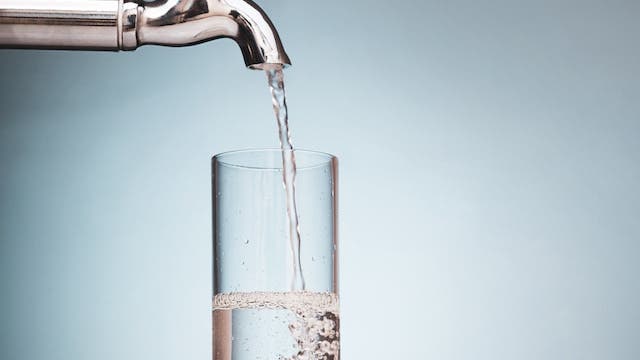
Water cloudiness
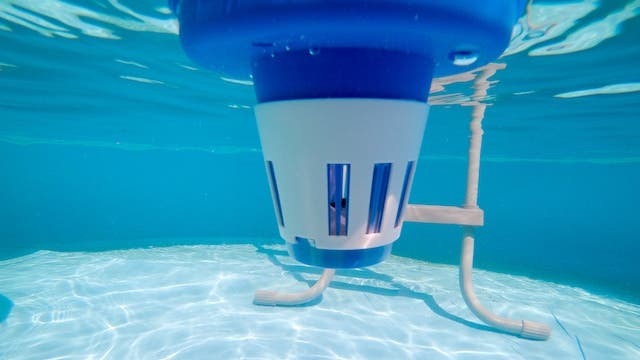
If your water smells of bleach, be wary of excess chlorine
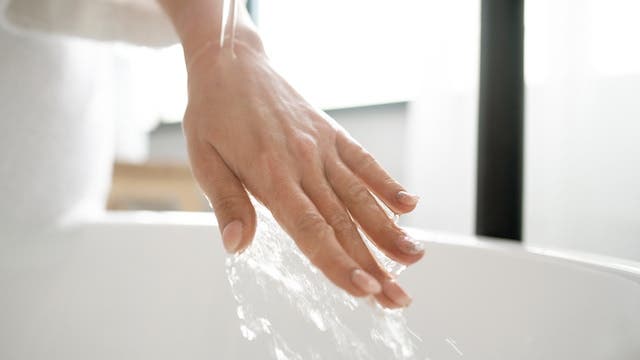
Hands feel slimy after washing with soap and water

A rotten egg smell means your water could contain hydrogen sulphide
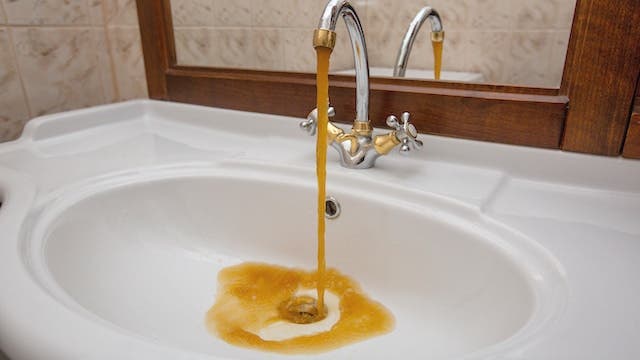
Yellow, orange, or brown water is never a good sign
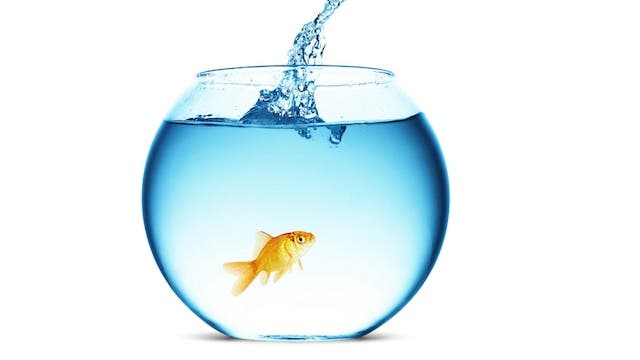
If your water smells fishy, it could be a sign of barium or cadmium
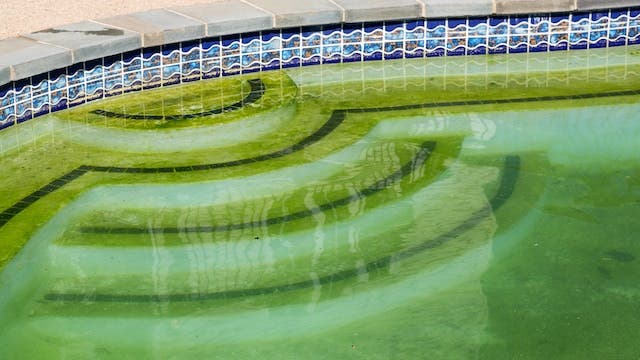
Water that has green or blue colouring could indicate elevated levels of copper
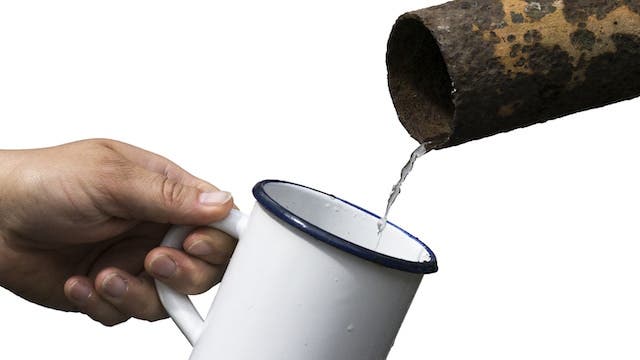
A metallic taste could signal the presence of excess iron or copper
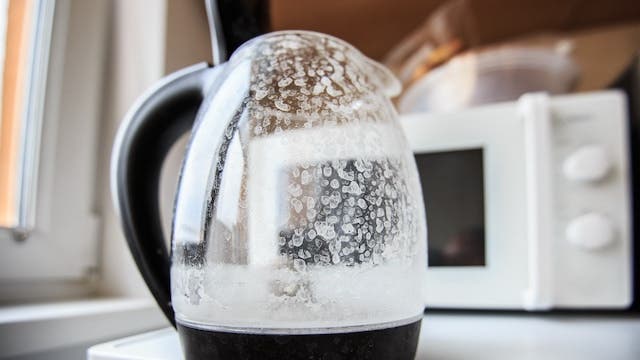
Scaling could mean your water has elevated levels of minerals
FAQ's
Related Testing Services
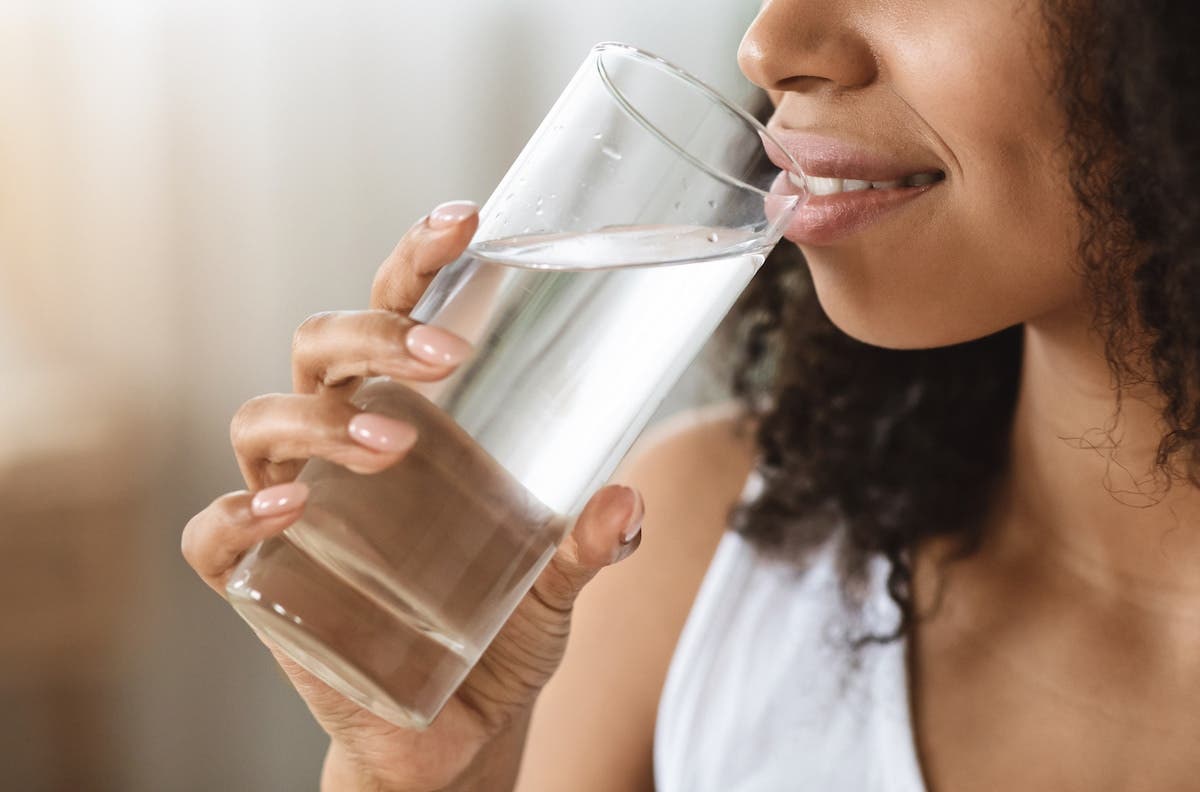
Drinking Water
We’re registered with the Taumata Arowai and internationally accredited to carry out a range of tests on water sources. Read more here.
Learn
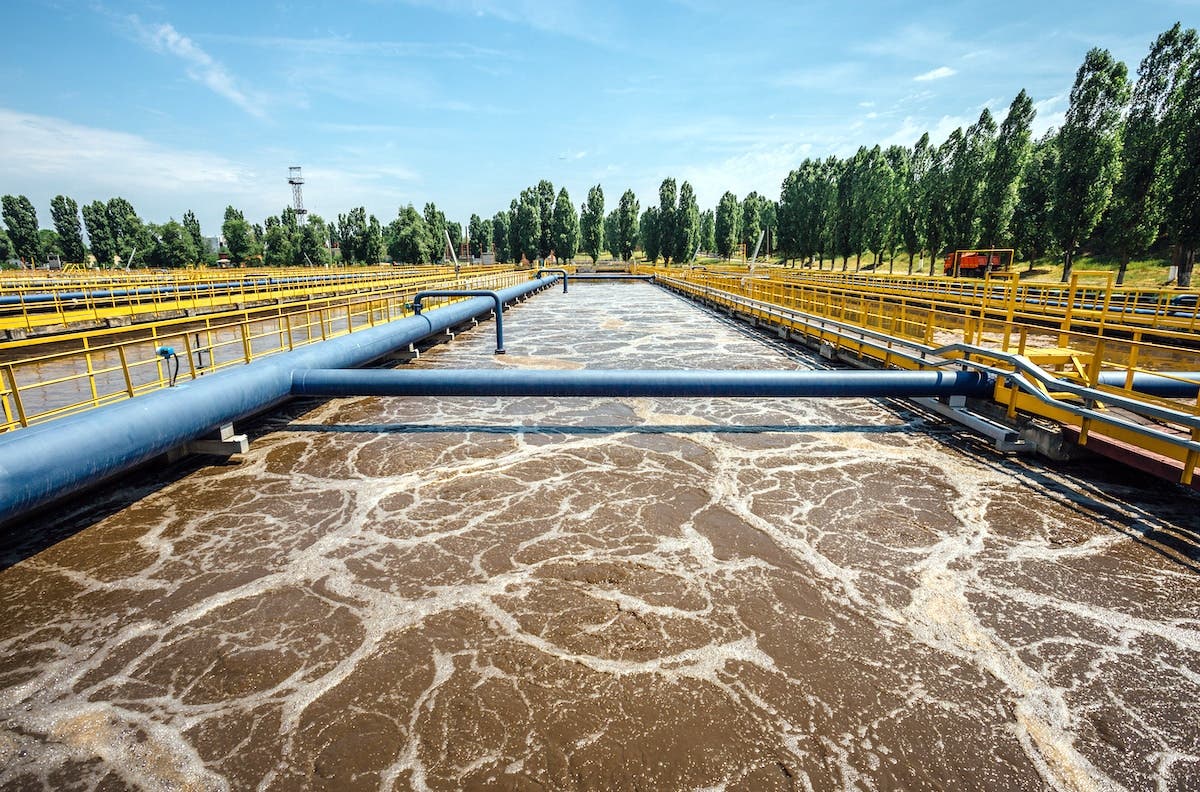
Wastewater
We perform a variety of tests on wastewater for treatment plant operators across the country. Read about what we can test for here.
Learn
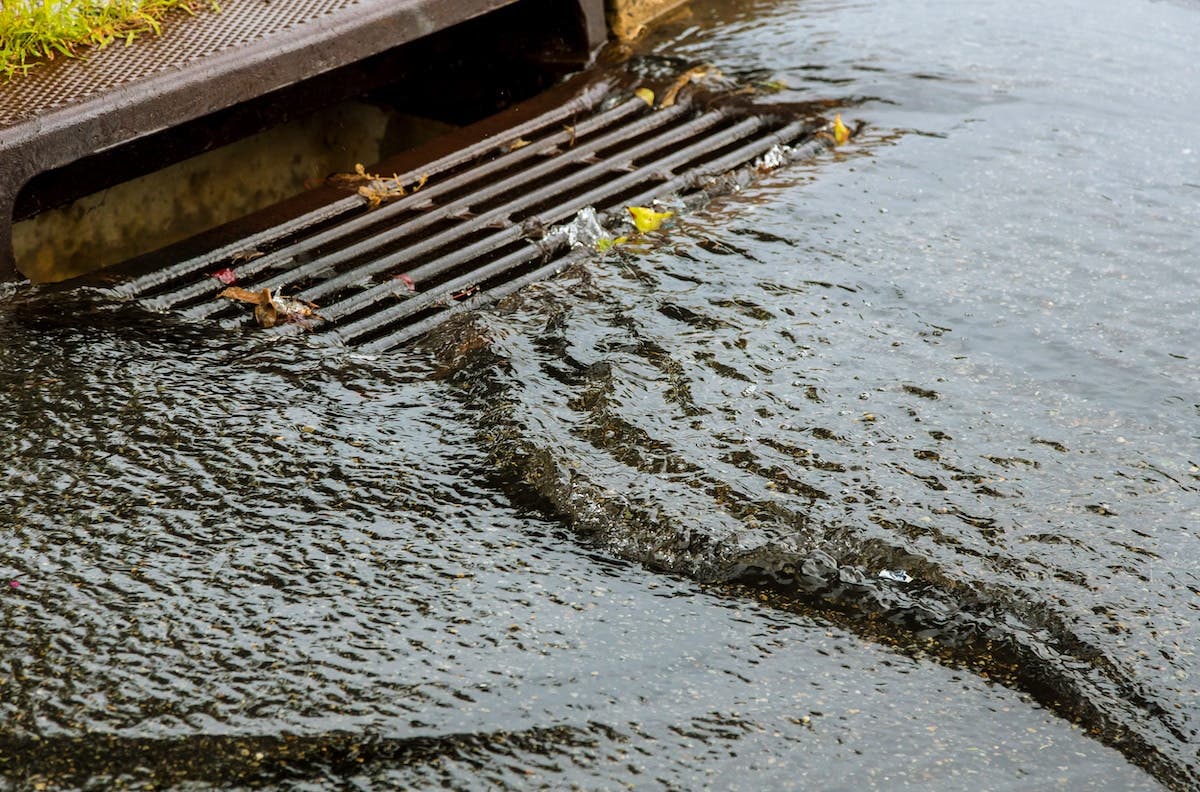
Stormwater
Rainfall that does not evaporate can pick up contaminants and end up in waterways. We perform a variety of tests on stormwater. Read more here.
Learn

Environmental & Recreational Waters
Our microbiology and chemistry testing on these types of waters can be tailored to our customers’ needs. Read more here.
Learn
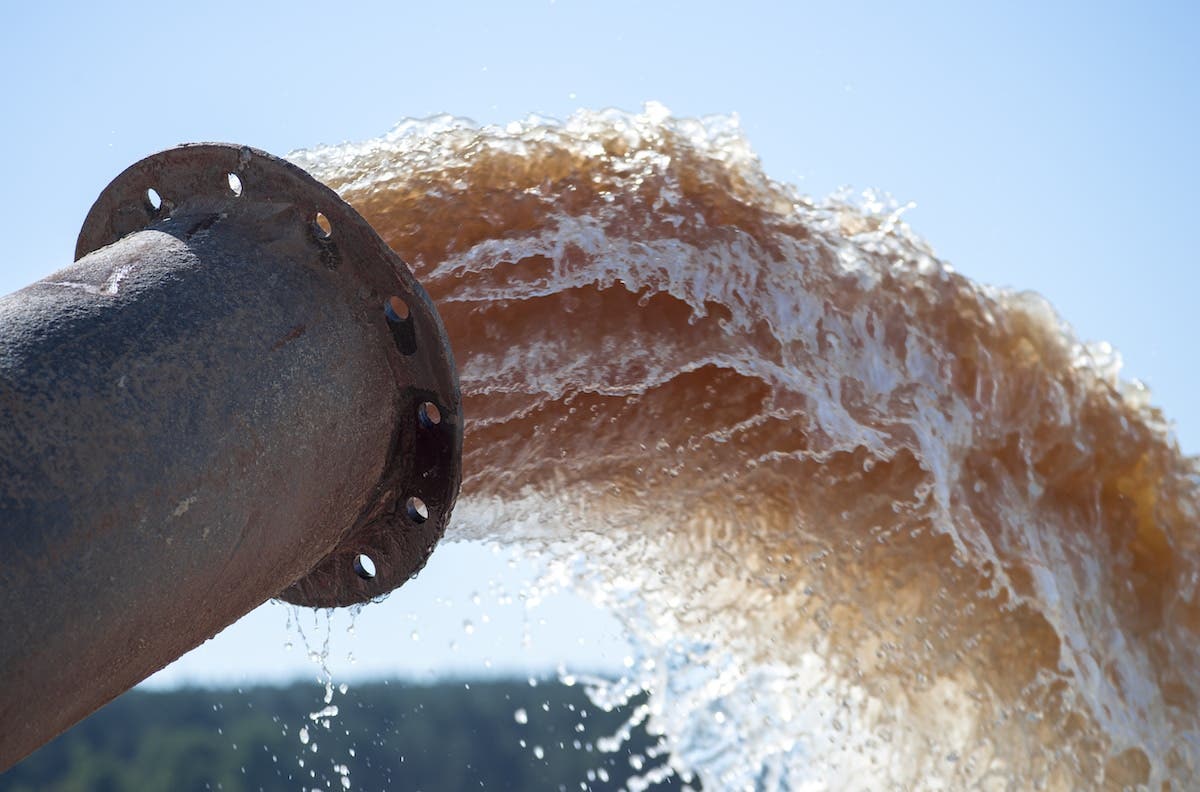
Trade Waste Discharge
We carry out confidential analysis for customers who need to comply with local authority discharge resource consents. Read more here.
Learn
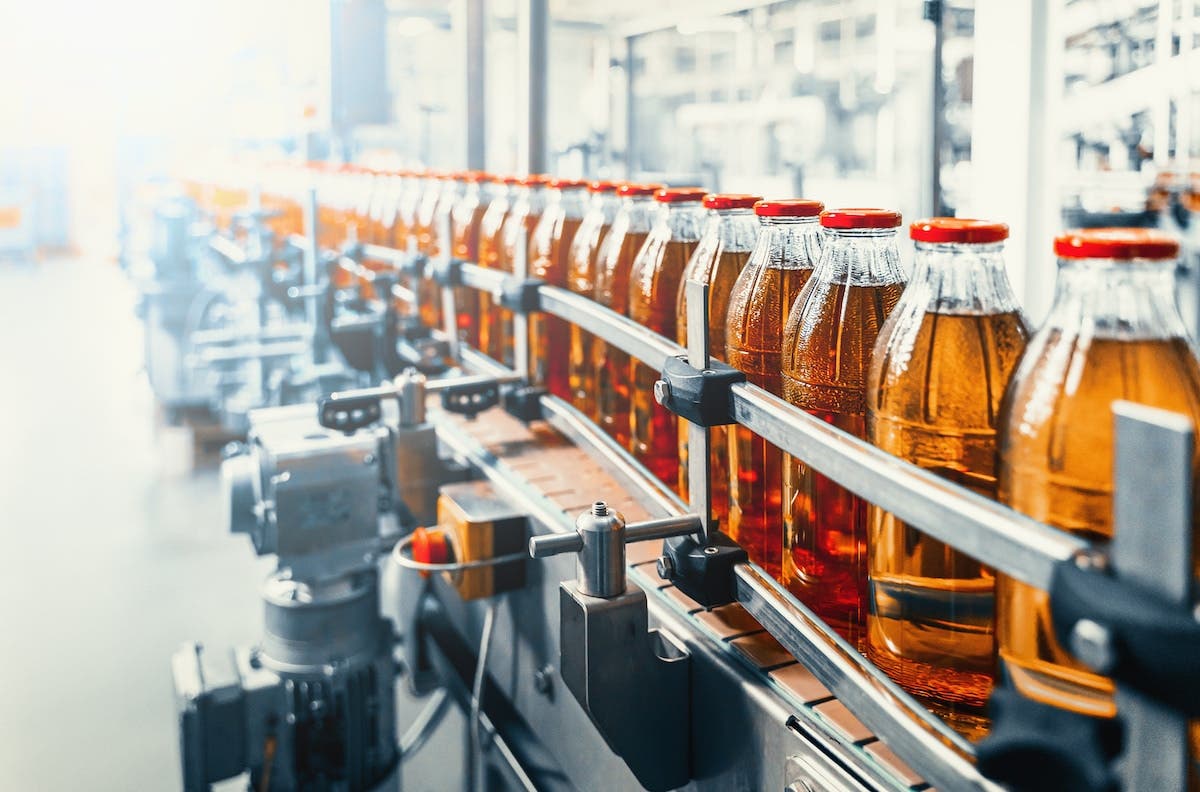
Commercial & Industrial Process Water
We do test for agriculture, horticulture and viticulture businesses that want to understand the safety of the water they are using. Read more here.
Learn
If you are unsure about which testing to choose, we can help you determine the right testing for your needs.
Get in Touch




